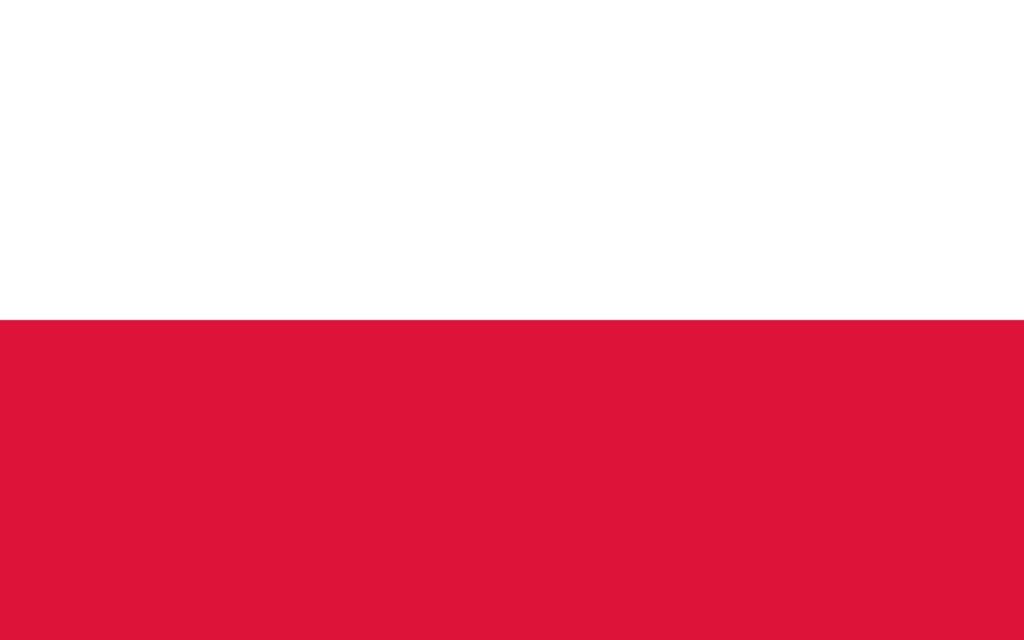Born in Iranian Tehran in 1979, the artist won the Grand Prix of this year’s edition of Satyrykon – his work „Communists!”. He immediately drew the attention of the jurors, and his political undertones were commented on by both the committee and satire lovers. Seyed Ali Miraee personally picked up this extremely important prize for him, and during his first visit to Legnica he gave us a few minutes: in a short conversation he referred to the beginnings of acquaintance with Satyrykon, the difficulties associated with making people undemocratic and make the national media react to it. He listened to Michał Przechera (Legnica Culture Centre)
It is your first visit to Legnica. What are you expecting during Satyrykon?
Poland in caricature and graphics and particularly poster design is very well-known and has its own style. Poland’s style has influenced other countries artists through the word. It has promoted their perspectives. So, visiting art galleries in such a country is exciting for me.
Is it a recognizable competition among artists in Iran?
You may not believe but I was 14 when I saw the Satyrykon regulations In 1993 in Keyhan caricature magazine. It was very pleasant for me that the prize of the festival is a symbolic golden key to the city.
The graphic art of Poland is well known among Iranian artists and as a consequence Satyrykon festival is famous. When I was 27 I won the grand prize in the Romanian festival and after that, I won some other grand and first prizes. But I did not receive any congratulations message from my colleagues. While many of my friends congratulated me for Satyrykon . One of them told me that in the 42 years of this festival life it is the first time that a non-European has won the prize and winning in a polish festival is like being the top scorer in the Spanish football league.
How did you receive news about Grand Prix?
Sajad Rafeei (another Iranian winner) informed me via phone call. It is amazing that in the 12th of June he told me the news of my winning in a festival in Cyprus through SMS and I replied: I wish we will travel to Poland with each other in future. I have still this message on my phone. And I am surprised that my wish became true exactly after one year.
Now, it’s a moment of glory for you, but the next year you have a great challenge: participant in the session of the Satyrykon jury 2020. What do you think about evaluate the works of another artists?
I have participated in other cartoon festivals as a member of the jury in Mexico. But the judgment in a prestigious festival like Satyrykon will be an honor in my career. Because the best cartoonists of the world are competing in this festival and judging such works will definitely be an attractive challenge for me.
You won this year’s Satyrykon with „Communists!” – work that shows an image of Joseph Stalin mixed with Kim Jong-un’s face. Are you sometimes afraid of doing such a courageous comparisons?
While I saw the reactions in Iran I was really surprised. I work with tow reformist newspapers in Iran, one of which refused to publish this work due to some political issues. Finally, the other one published it. This newspaper has been banned four times and now is banned too. When an artist wins a prize in internationally prestigious festivals, the newspapers and news agencies reflect this achievement. My international success has received feedback from news agencies. But with regards to this award, none of them published it. Even the English department of the most reputable website about cartoon, which is directed by the government did not publish it. The only newspaper which printed it was Ghanoon. It’s interesting that this newspaper was banned after some days because of other reasons.
–Politics is one of the main topics of your works. Is it possible to effectively fight injustice with a satire?
I am not sure if it is possible to change the world using humor but we can make it tolerable. When I was a child I sang loudly to overcome my fear of loneliness and darkness. Now, cartoon plays this role for me.

What makes you laugh the most?
In the contemporary world, we are witnessing of more struggles between contradictions. For example, nowadays, despite the widely spread of social networks and media, people feel more lonely. Religious governments, as well as communist ones, don’t, care about public thoughts. It seems that people’s ridicule is not important to them. All these contradictions are the most notable intensive for me to laugh and make people laugh.
You come from Iran. How important is your origin for you as an artist?
The current situation of my country is influencing on its artists as did similarly Eastern bloc countries. Nondemocratic countries governments unintentionally impact severely on artists. Expressing concepts indirectly and relying on humor (in literature, visual arts, and performing arts) are examples of this phenomenon)

Photo: Piotr Krzyżanowski

